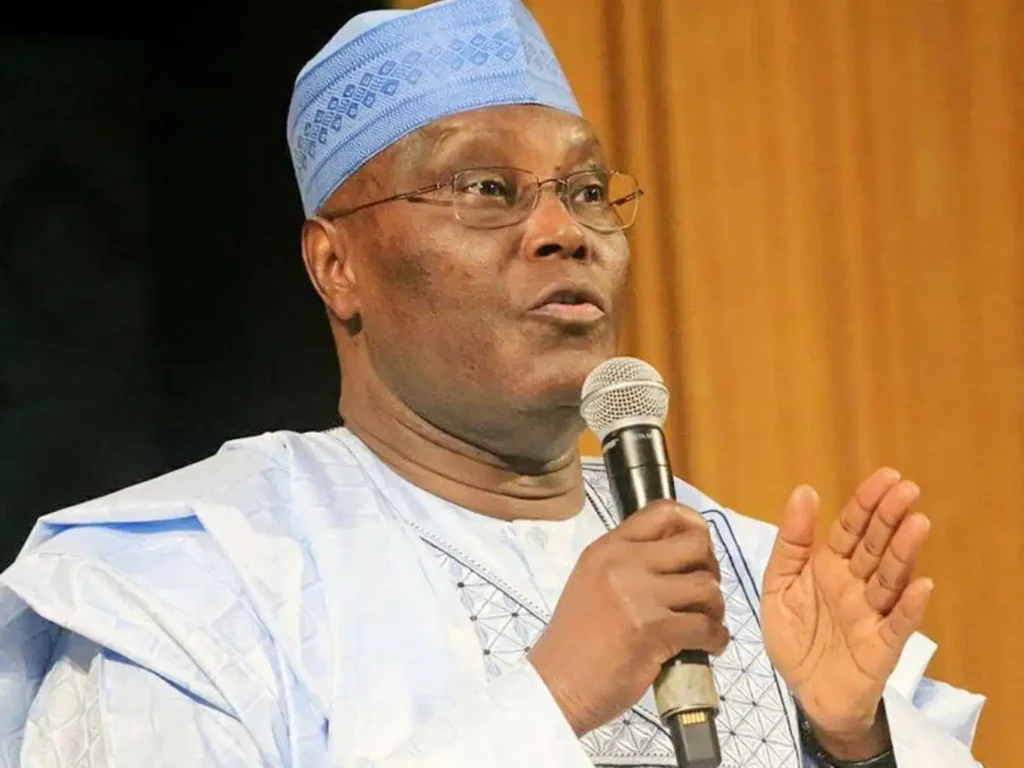In Nigeria, hunger is often the softest whisper before the storm. It creeps into homes, steals dreams, and forces mouths to beg while hearts break. Yet, when a politician dares to say food prices are crushing lives, governments sometimes hear not pain, but provocation. Such was the case when former Vice President Atiku Abubakar warned that worsening hunger could spark unrest similar to the French or Russian revolutions.
What followed was a sharp response from the All Progressives Congress (APC), branding his words “reckless,” “irresponsible,” and “a tacit insurrection.”
But NNPP and PDP did more than recoil — they roared back. They said that hunger isn’t volatile rhetoric; it’s a chronic condition many Nigerians live every day.
They argue that rejecting Atiku’s warning isn’t just political spin — it’s a dismissal of suffering. When warning is treated like crime, pain is turned into shame, voice becomes threat, and truth becomes taboo.
This is more than another political clash. It is about whether leaders will call out the real wounds of governance, or whether they will reduce suffering to soundbites — and those who speak out to enemies of the state.
Before The War
Atiku issued a warning: with economic policies failing, hunger and hardship risk sparking mass unrest. He drew parallels to revolutions abroad.
APC’s reaction was swift — they condemned the warning as irresponsible and an incitement to destabilize the government.
In response, NNPP’s National Publicity Secretary, Ladipo Johnson, defended Atiku. He said Atiku did nothing wrong — as an elder statesman, he must speak truth to power. Highlighted that warning of hunger and suffering isn’t incitement, but necessary alarm-bell.
Also Read: Plot to Unseat? Atiku Lays Out Plan After Meeting with El-Rufai
The PDP, via their Deputy National Youth Leader Timothy Osadolor, accused APC of being detached from reality, failing to acknowledge the grinding hardship many Nigerians endure daily. He insisted Atiku’s warning was simply giving voice to people who “can hardly afford two meals a day.”
When Governments Fear Warnings More Than Revolts
There is a paradox: a government that claims to serve should welcome warnings — after all, a warning is often the early sign of a real crisis. But in Nigeria lately, warnings seem to be perceived as threats. Why?
Because acknowledging suffering too much means admitting failure. And admitting failure can cost political power.
When leaders stigmatize warnings, they also stigmatize the people suffering. Those who raise their voice are painted as desperate, radical, or worse. But real leadership would ensure that those voices are heard, that policies address their suffering, not silence it.







